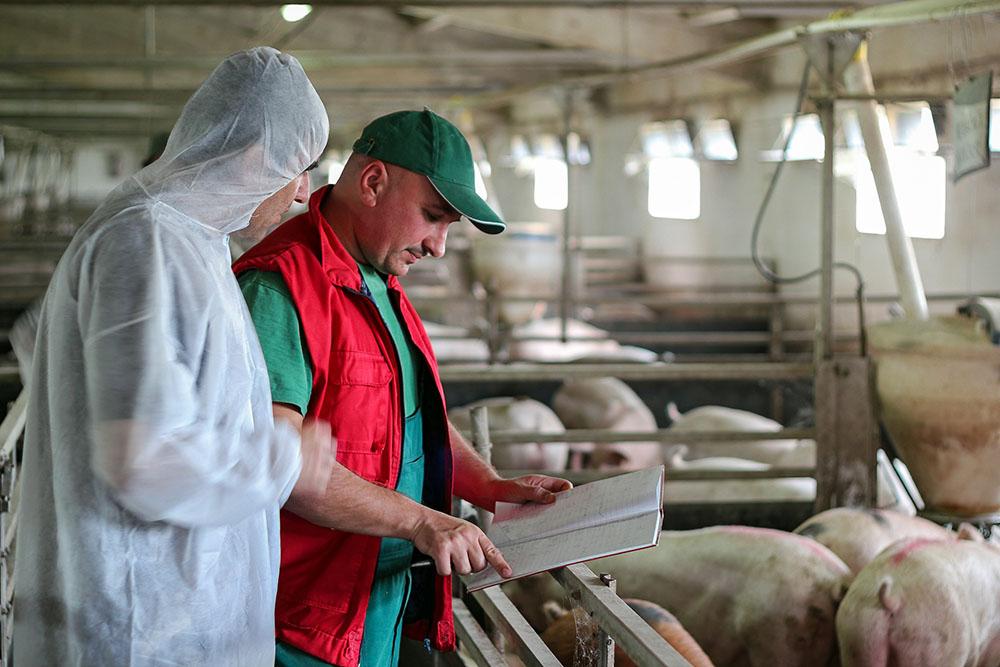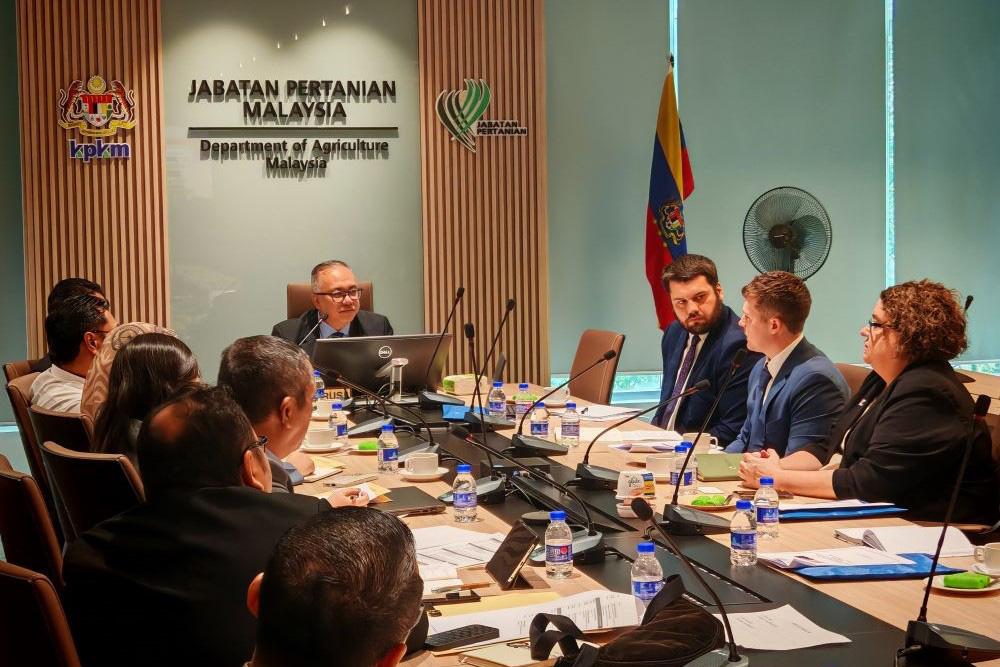Today is World Zoonoses Day, and Australia continues to invest in One Health approaches to combat the emergence and spread of zoonoses – diseases that can spread from animals to humans.
This year also marks the 30th anniversary of the emergence of a significant zoonotic virus in Australia, Hendra virus. This virus passed from flying foxes to horses and then onto humans.
First discovered in 1994 at a racing stable in the Brisbane suburb of Hendra, the virus has since been the cause of death in over 100 horses, and 4 people – the most recent in 2009. More recently, the Department of Agriculture, Fisheries and Forestry’s Biosecurity Innovation Program funded work that identified a new Hendra virus variant (HeV-g2) and developed a diagnostic tool to detect it.
“Three-quarters of all emerging infectious diseases are animal in origin,” said Australian Chief Veterinary Officer, Dr Beth Cookson. “The anniversary of the emergence of Hendra virus serves as an important reminder of the need for ongoing vigilance for both known and emerging zoonotic diseases, and that anthropogenic and climatic-driven changes to the environment can increase the risk of diseases emerging.”
To support the timely identification and management of emerging and re-emerging zoonotic diseases, the Department of Agriculture, Fisheries and Forestry, and the Department of Health and Aged Care jointly lead the Human Animal Spillover and Emerging Diseases Scanning (HASEDS) group.
The HASEDS group looks for signals of emerging and re-emerging zoonotic diseases, undertakes rapid risk assessments and provides advice to Dr Cookson, the Australian Chief Medical Officer Professor Paul Kelly, and the Australian Chief Environmental Biosecurity Officer Dr Bertie Hennecke, to help inform preparedness action.
The HASEDS group is comprised of experts from government and non-government organisations, including those with backgrounds in human health, animal health, wildlife health and ecology.
“Prevention of future pandemics and major health events requires an integrated approach across health sectors and disciplines,” said Professor Kelly.
“The HASEDS group delivers a multi-sectoral ‘One Health’ approach at the national level.”
“Emerging infectious diseases including zoonoses threaten public and animal health in Australia and can cause significant harm to community wellbeing, our economy, wildlife and the environment,” said Dr Hennecke. “We acknowledge the valuable input from the inaugural members of the HASEDS group who recently completed their two-year term. A new group of experts is being identified to continue this important work.”
Aligning with World Zoonoses Day and reflecting One Health approaches, Professor Kelly and Dr Cookson co-presented yesterday’s opening plenary session, ‘Crossroads of Contagion from the CVO and CMO’s perspective’, at the Australasian Society for Infectious Diseases 2024 Zoonoses Conference in Sydney.
For more information on the event, visit: ASID Zoonoses 2024 — ASID | Australasian Society for Infectious Diseases



